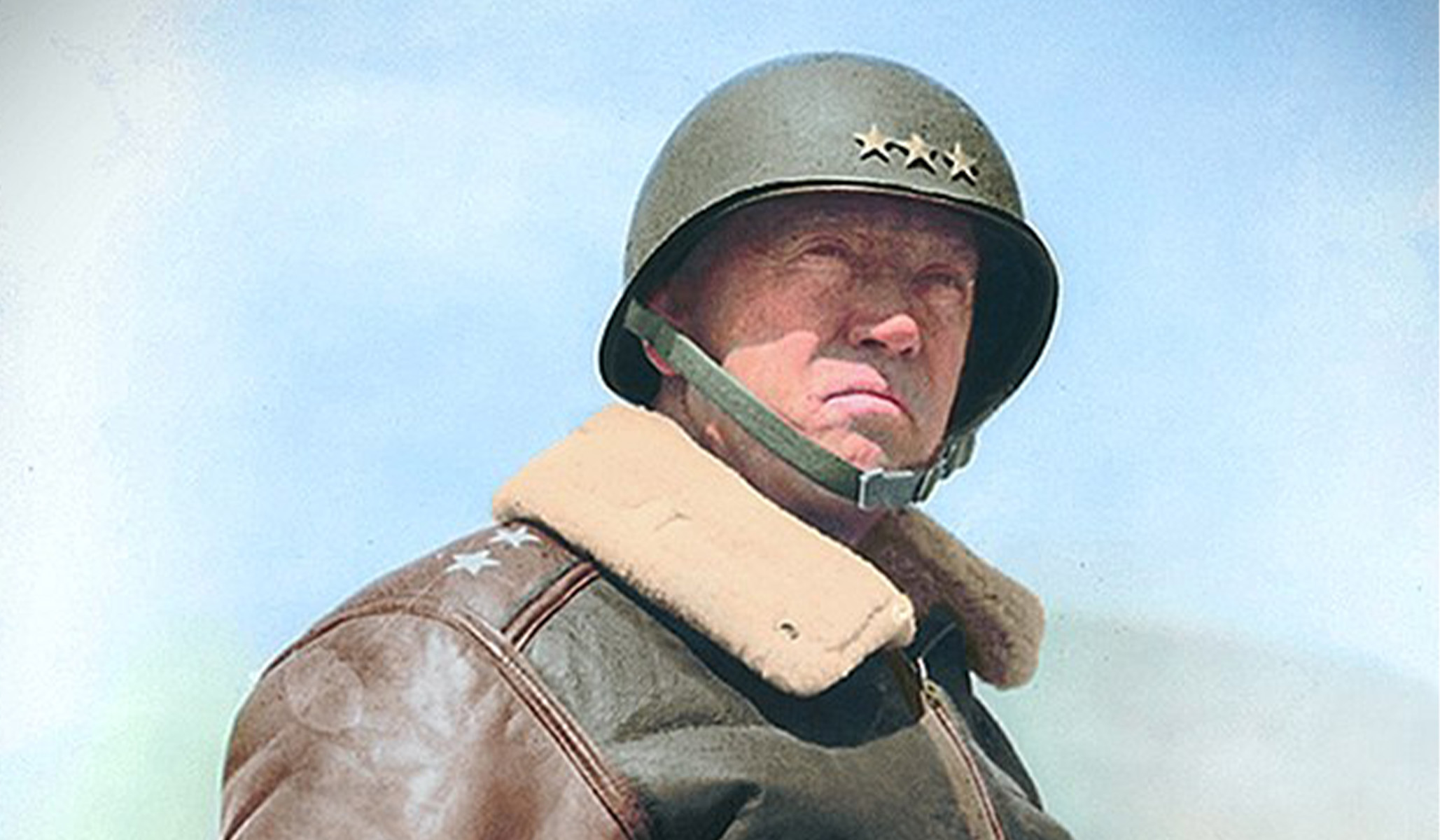


NRPLUS MEMBER ARTICLE O urs is a good country. This coming Memorial Day, men and women in uniform will march, as they first did in boot camp decades ago, into cemeteries and along parade routes to honor those who were once at their sides. Creaking backs will straighten, some buttons will groan, and purposeful fire will find a home in the eyes of these veterans as the trumpet sings out.
The soldiers, sailors, airmen, and marines we honor on Memorial Day deserve glory, those embracing their folded flags deserve our gratitude, and those living physically or psychologically mutilated post-service lives deserve the best care we can provide.
From Normandy to Okinawa, from the oceans’ deeps to the mountain passes of Korea, we take a day to say “Thank you” to our sons who remain there still. Few are the men who wish to die for their country, but many accepted that death might call for them in service of country and continued under 80-pound packs in the jungles of Vietnam or along the ship’s prop shaft in the diesel pits. There they were, at their station, when the reaper arrived in the form of shell, shrapnel, or disease.
To those mothers and fathers, wives and husbands whom the grim uniformed messengers called upon — and those who will today visit white rooms filled with tubes, beeping, and assisted breathing — we must acknowledge their immeasurable loss. The dead below and the destroyed still with us are our responsibility, for they have paid freedom’s hideous wage.
The day is also a reminder that the free world exists only because of American blood, technical ingenuity, and industrial might — all of which are by-products of a liberated and rambunctious people cobbled from the bravest and most enduring of each continent.
We are not an accident or the castoffs of a dying empire. Rather, we are a people who accepted the steep price of independence while deciding upon the necessity of a blessedly fractured system of governance. For three centuries, that standard has resonated with others, and they’ve sought our shores. We enjoy the slow wisdom of a constitutional order guarded against the excesses of the demos, its political actors, and martial law. Our military faces outward, always a bulwark against the tyrannies of collectivism, Nazism, and fascism, as it was during Europe’s suicide of nationalisms in 1914.
At National Review, we defy those insidious ideologies while appreciating the totality of the individual’s sacrifice for the whole; it’s one of the first things I noticed about the publication when reading it aboard the USS Carl Vinson, deployed to the South China Sea. Here, surrounded by braggadocious insincerity and impotent pacifism, was a magazine that said that what we were doing was worthwhile and had a greater purpose beyond merely steaming through endless seas — my ship was not a Zinnian nightmare of imperialism but a needful tool for a righteous nation.
At the same time as it delineated our right, NR was skeptical of my civilian and uniformed superiors and expected them to employ the services adeptly and to answer for misdeeds and abuses of position. The writers here did not idealize us, but they faulted for the military’s shortcomings the individuals responsible instead of some abstract, foundational evil.
Patton explained well, in 1944, why this day matters even as he prepared his Third Army for battle:
All the real heroes are not storybook combat fighters. Every single man in the army plays a vital role. So don’t ever let up. Don’t ever think that your job is unimportant. What if every truck driver decided that he didn’t like the whine of the shells and turned yellow and jumped headlong into a ditch? That cowardly bastard could say to himself, “Hell, they won’t miss me, just one man in thousands.” What if every man said that? Where in the hell would we be then? No, thank God, Americans don’t say that. Every man does his job. Every man is important.
Memorial Day commemorates those who surrendered the right to the preservation of self, thereby guaranteeing the protection of the whole. Some died, others are living. The day is an accounting — who now remains to remember? We are right to mourn just as the veteran is right to proudly stand for the ranks of men who cannot. “Every man does his job,” and when he falls, the next man shoulders the load.
